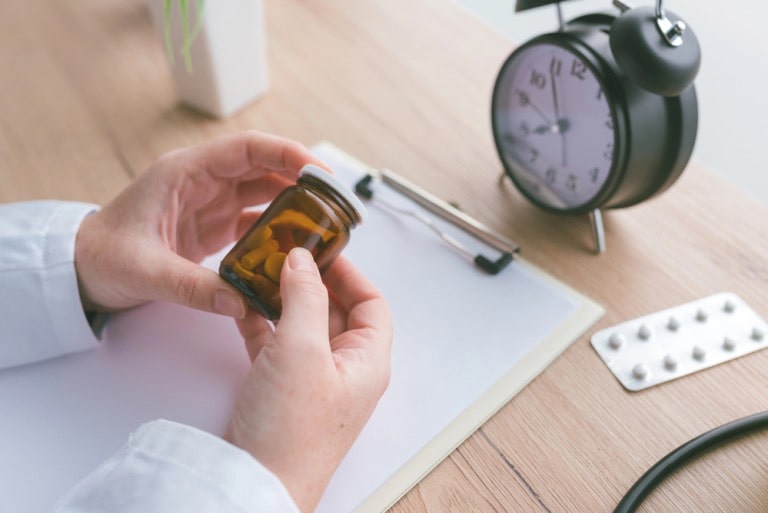Understanding the Differences Between Stimulant vs Depressant Drugs

Have you ever wondered what the main differences are between stimulant vs depressant drugs? It’s common to hear these terms, but what do they really mean for us?
This article aims to clear the confusion in a simple, informative way. Whether it’s a cup of coffee in the morning or a glass of wine to unwind at night, many of us use these substances in our daily lives without really knowing their drug effects on our bodies and minds.
By understanding stimulant vs depressant drugs, you can make informed decisions about your health and well-being.
Effects
Stimulant drugs are substances that speed up messages between the brain and the body. They make you feel more awake, alert, and energetic. Common examples include caffeine, nicotine, and certain medications for ADHD.
Depressant drugs, on the other hand, slow down the communication between your brain and your body. This can make you feel more relaxed, calm, and less stressed. Alcohol, sleeping pills, and some painkillers are examples of depressant drugs.
If you are struggling with addiction to depressant drugs or any substance abuse, consider America’s Rehab Campuses, a facility dedicated to providing comprehensive treatment and support. This holistic approach ensures that individuals receive the care and tools necessary to overcome their addiction.
Mechanism of Action
Stimulant drugs work by increasing the levels of certain chemicals in your brain. These chemicals include dopamine and norepinephrine, which help to enhance focus and alertness. The increase in these chemicals can make you feel more energized and capable of performing tasks.
Depressant drugs decrease brain activity by increasing the activity of a neurotransmitter called GABA. This neurotransmitter is responsible for promoting relaxation and reducing nerve activity. By enhancing the effect of GABA, depressant drugs help to calm the body and can aid in sleep.
Uses
Stimulant drugs are often used to treat conditions such as ADHD, narcolepsy, and certain types of depression. They help individuals by improving concentration, and attentiveness, and by reducing feelings of fatigue. These drugs can also be used recreationally for their energy-boosting effects.
Depressant drugs are commonly prescribed to assist with anxiety, insomnia, and other sleep disorders. They work by soothing the user, making it easier to fall asleep or manage stress. Additionally, some depressant drugs are used to provide pain relief or to relax muscles during medical procedures.
Risks
Using stimulant drugs can lead to several health risks, especially if they are used in high doses or over a long period. They can cause increased heart rate, high blood pressure, and in some cases, lead to addiction. Overuse can also result in feelings of anxiety, paranoia, or even aggressive behavior.
Depressant drugs, while useful for relaxation and sleep, carry their own set of risks. These include the potential for overdose, especially when combined with alcohol or other drugs. Long-term use can lead to dependence, and suddenly stopping them can cause withdrawal symptoms such as anxiety and tremors.
Explore the World of Stimulant vs Depressant Drugs
In the end, both stimulant vs depressant drugs have their places in our health care and everyday life. It’s important to use them wisely and under guidance. Knowing how they affect our bodies can help us make better choices for our health.
Always talk to a doctor or health professional before starting or stopping any drug. Stay informed and take care of your health to live a happy, healthy life.
Did you learn something new from this article? If so, be sure to check out our blog for more educational content.





